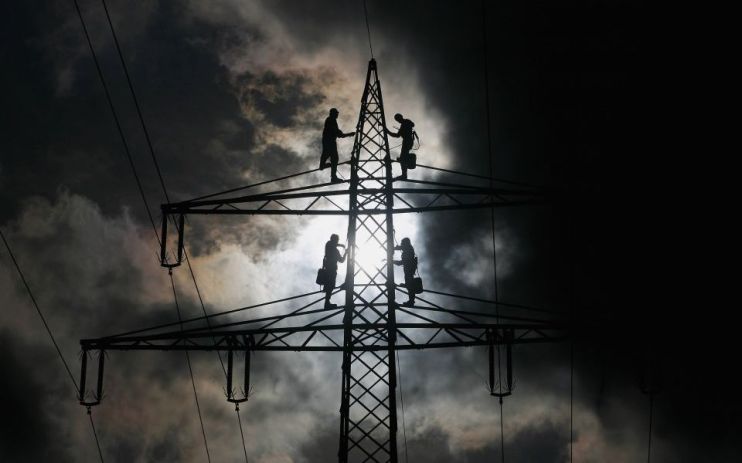How businesses can take power into their hands

Having your phone run out of power is one of the pitfalls of modern living, which is why battery packs are a must in most people’s bags.
But while we are happy to be proactive about power protection in some ways, that usually doesn’t extend to our homes and businesses where it is even more critical.
In August, Britain suffered its worst power cut in over a decade, after a lightning strike to the grid triggered an unexpected electrical failure. Over one million electricity customers were without power for up to 50 minutes. Hospitals, train services, and an airport were put out of action.
The National Grid has admitted that a power back-up failure led to the blackouts. With one gigawatt of back-up in place, it wasn’t enough to compensate for the 1.3 gigawatts of generating capacity lost from the grid. To put these numbers into perspective, the 300 megawatt shortfall is enough to power 33m LED light bulbs.
Admittedly, these kinds of outages are fairly rare in the UK, but the fact that they happen at all is worrying.
When you consider how much utility companies and the government have been investing into smart grids, smart meters, and other forms of technology that promise to improve power management, questions naturally arise as to whether the UK has really got an energy grid that is fit for purpose.
These power cuts should act as a wake-up call for organisations that continue to believe that energy continuity is someone else’s problem. The assumption that power will always be available is challenged by various factors, including the introduction of more renewable energy sources to the grid, varying degrees of investment in energy infrastructure, climate change, and the rising threat of cyberattacks.
Power loss can have far-reaching consequences for businesses, especially if you consider the increasing reliance on IT infrastructure, where the majority of the working population needs to be online to do their job.
Loss of production, revenue, and reputation are all risks that businesses want to avoid.
So what’s the alternative to total reliance on the external grid? Many large enterprises will already have invested in equipment, such as generators and uninterruptible power supply technology.
But this sort of resilience shouldn’t be reserved for the biggest businesses – smaller firms can take steps to keep themselves powered too.
Some businesses are using smaller-scale, usually renewable power generation in order to have less reliance on large centralised power plants. That could mean being integrated into a micro-grid, or even a business campus located next to a solar farm with energy storage.
What these approaches amount to is a shift in thinking, with businesses taking on a more proactive approach to energy by being “prosumers” – that is, they both consume and produce energy. The term can also apply to consumers who take a proactive approach to energy management, and don’t rely wholly on a third-party provider.
The prosumer approach can play a role in mitigating wider grid issues. For example, the technology now exists to enable organisations to feed existing generator and battery capacity into the electricity network during times of peak demand. This has the benefit of not only helping to improve grid stability, but also generating revenue for those organisations involved.
So while grids may be getting slowly smarter, undoubtedly the smartest plan for organisations looking to improve their energy resilience and efficiency is to prepare by becoming proactive prosumers.